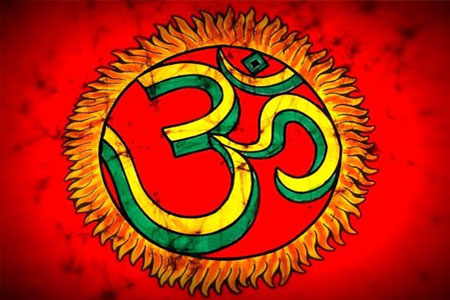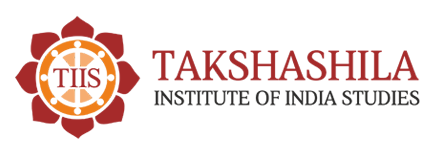 Hinduism being one of the oldest traditions defies being cast into moulds of conventional religion and as such demands certain special tools to comprehend Hinduism today. Hence, this course will explore the foundational principles of Hinduism that makes it essentially a philosophy of life which is pluralistic and accommodative of diverse approaches to things. The notion of one absolute being behind the multitude, the inherent unity of all beings, the recognition of a multi-layered reality, an open eco-system, an experiential approach, well developed methods and techniques for self-realization, a robust theoretical framework, self-correcting mechanisms, moderation in all aspects of individual and collective existence, etc. are the hallmarks of Hinduism. This course will attempt to identify some significant characteristics of this ancient way of life, elaborate on them and demonstrate their expressions in contemporary Indian society. It will further connect these ideas with certain important texts of the Hindu tradition from which they stem and demonstrate that the category of ‘religion’, as commonly understood, is an inadequate concept to capture the Hindu experience of life.
Hinduism being one of the oldest traditions defies being cast into moulds of conventional religion and as such demands certain special tools to comprehend Hinduism today. Hence, this course will explore the foundational principles of Hinduism that makes it essentially a philosophy of life which is pluralistic and accommodative of diverse approaches to things. The notion of one absolute being behind the multitude, the inherent unity of all beings, the recognition of a multi-layered reality, an open eco-system, an experiential approach, well developed methods and techniques for self-realization, a robust theoretical framework, self-correcting mechanisms, moderation in all aspects of individual and collective existence, etc. are the hallmarks of Hinduism. This course will attempt to identify some significant characteristics of this ancient way of life, elaborate on them and demonstrate their expressions in contemporary Indian society. It will further connect these ideas with certain important texts of the Hindu tradition from which they stem and demonstrate that the category of ‘religion’, as commonly understood, is an inadequate concept to capture the Hindu experience of life.
- Home
- About
- Partners
- Courses
- Immersion Programmes (1 week)
- Short Term Courses (3-4 weeks)
- Indian Culture & Civilization
- Introduction to Hinduism
- Ayurveda – Philosophy & Practice of Health & Wellbeing
- Essence of Yoga
- Appreciating Sanskrit and its richness
- Indian Philosophy: An Introduction
- Temple Art & Architecture
- Sustainable Development: Challenges & Prospects
- Indian Society: Tradition & Modernity
- Gender: Role, Identity, Barriers, Conflict & Harmony
- Understanding India through Bollywood and Regional Cinema
- Thematic Summer Schools
- Internships
- Facilities
- Testimonials
- Events
- Media
- News
- Knowledge corner
- Contact
